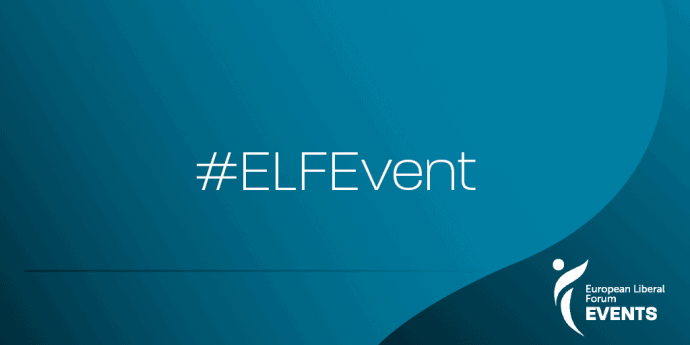29 June 2021 | 10.00-14.00 (CEST) | Magvető Café, Budapest / Online
REGISTER HERE
The political consequences of sudden digitalization during the COVID-19 pandemic
When the COVID-19 pandemic appeared in Europe in early 2020, and schools and universities were shut down, white collar workplaces switched to home office and political action was changed according to the requirements of social distancing. Most of the communication between teachers and students, colleagues, citizens and politicians went online. With this conference we want to show what we could gain from this terrible pandemic, and how digitalization continues to change our society now.
In the first panel, our aim is to understand the consequences of the fast digitalization during the pandemic and how this affects to the liberal agenda. We want to highlight how different regions of Europe reacted to the pandemic and how they managed the digitalization, what they learned from their experiences and from each other as well.
In the second panel, we invite political marketing experts. During the lockdown, social movement activists and community organisers found new ways of expressing discontent: car marches, socially distanced protests, shoe demonstrations. We want to discuss how the pandemic has changed political communication and civic activism.
Speakers include:
- Marco Mariani, Board Member, European Liberal Forum
- Patrizia Feletig, Journalist, Italy
- Márton Schlanger, Researcher, Republikon, Hungary
- Ricardo Silvestre, International Officier, Movimento Liberal Social, Portugal
- Laura de Vries, Researcher, Mr. Hans van Mierlo Foundation, Netherlands
- Mariann Bíró, journalist, Telex.hu
- András Murányi, Director of Communications, Párbeszéd
- Csaba Tóth, political scientist
Moderated by Dániel Mikecz and Dávid Király, Republikon

